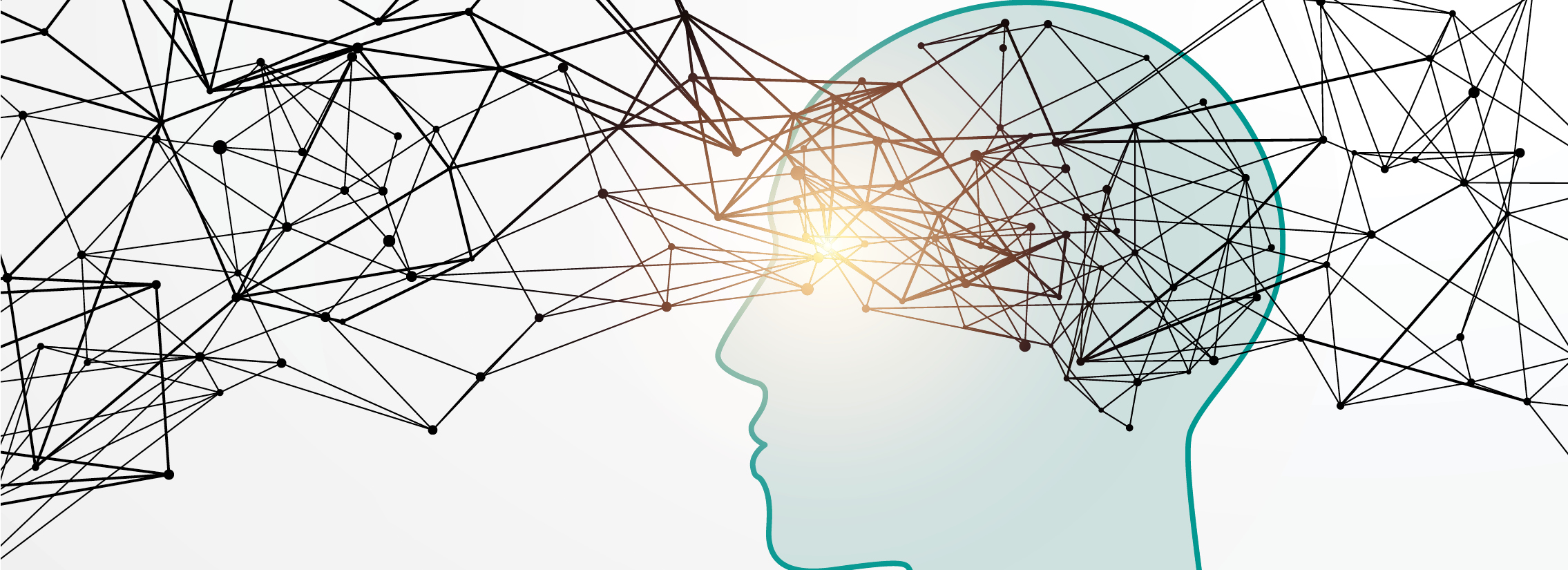
With the rise of digital and social media, information has become more accessible to more of us than ever before. The consequence: we are also more susceptible to deceit and manipulation via these sources of information. But is this a new phenomenon, or are we just now noticing its pervasiveness? The Scripps College Humanities Institute will attempt to address this question and more with its fall 2018 program on the theme, “Ignorance in the Age of Information,” organized by Scripps College Professor of Philosophy and Director of the Humanities Institute Yuval Avnur.
“I’m excited about this program because it is both timely and intellectually very challenging, particularly because this phenomenon lies at the intersection of several different disciplines, including philosophy, psychology, computer/data science, sociology, politics, and media studies. It’s a genuinely interdisciplinary topic, and one that is of clear and direct interest to us all.”
A handful of media and academic luminaries will visit Scripps to discuss some of the complex topics surrounding the content of misinformation—like “fake news”—and the forms it takes—like the “echo chambers” or “filter bubbles” of social media news feeds. Techno-sociologist Zeynep Tufekci will deliver a talk on the social implications of technology and the politics of privacy and surveillance. Manoush Zomorodi, host of the podcast ZigZag, will further explore these topics, with special focus on how the changing nature of capitalism and is affecting journalism. Latif Nasser, director of research at New York Public Radio’s investigative program Radiolab, also joins the lineup, sharing his hunch that the science behind our information age may be stranger than fiction. And philosopher Thi C. Nguyen will discuss the ways in which our thinking is socially conditioned by the features of our social organization, community, and technology.
According to Avnur, the U.S.’s current highly polarized political climate makes issues surrounding misinformation all the more pressing.
“Misinformation is a problem for democracy because you’re supposed to vote society’s, or at least your own, interest, but to figure that out you need proper information,” says Avnur. “When it’s so easy to be misinformed, people can’t properly function as citizens.”
“We have more information, but we arguably understand less. That’s the puzzle,” he says.
Founded in 1986, the Humanities Institute at Scripps College presents a thematic program each semester on a topic related to the humanities. As part of Scripps’ tradition of interdisciplinary education, this program includes lectures, conferences, exhibitions, performances, and film series bringing prominent and younger cutting-edge scholars to campus.
For more information about the Humanities Institute, visit scrippscollege.edu/hi/.

